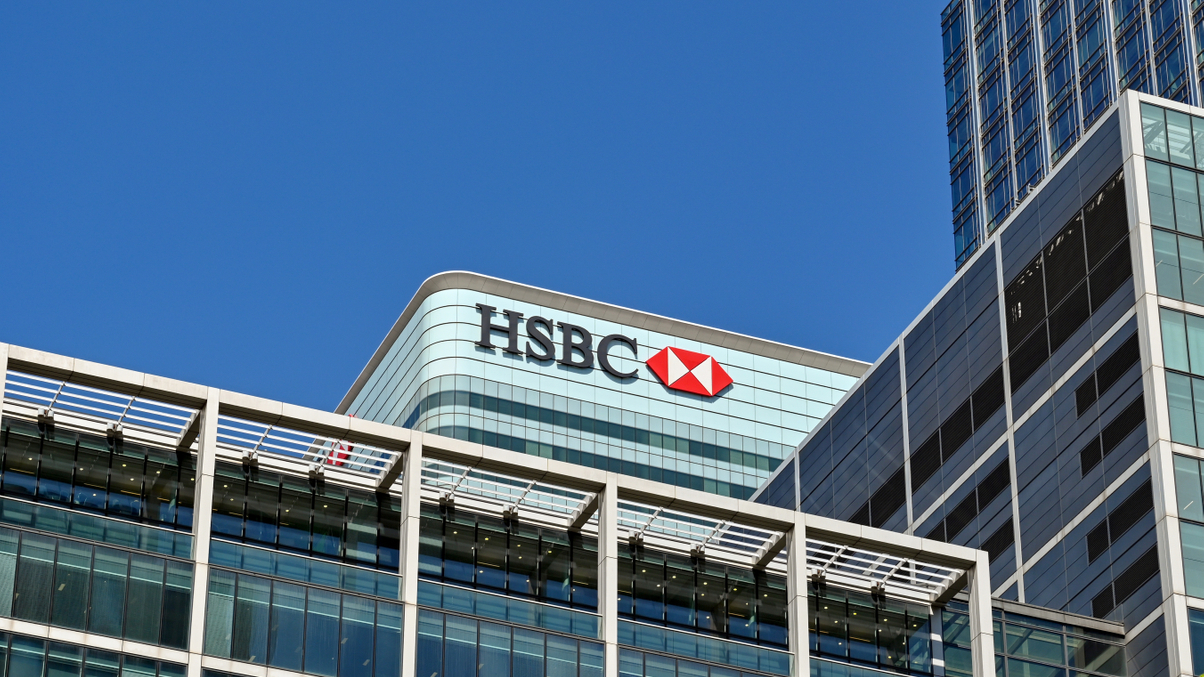HSBC Life HK plans $10.5bn private market investments by 2026
HSBC Life Hong Kong plans to deploy new capital into private equity and private credit investments over the next three years, its chief investment officer said.

HSBC Life Hong Kong plans to boost investments in private credit and private equity in order to capitalise on attractive opportunities amid high rates and a looming recession, according to the insurance company’s Chief Investment Officer William Chan.
Sign in to read on!
Registered users get 2 free articles in 30 days.
Subscribers have full unlimited access to AsianInvestor
Not signed up? New users get 2 free articles per month, plus a 7-day unlimited free trial.
¬ Haymarket Media Limited. All rights reserved.


